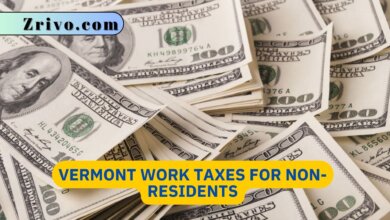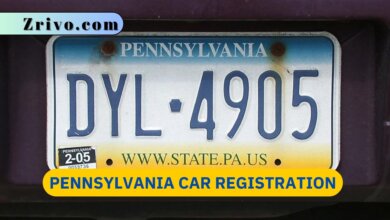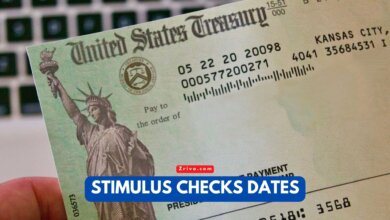Nevada Property Tax 2023 - 2024
Property tax is one of the main sources of income for Nevada counties, schools, and cities.

Property tax is a significant source of revenue for local governments and is used to fund a variety of services. It is based on the value of your property, which is determined by a county assessor or a third-party company that specializes in property assessment services. A variety of factors are considered, including the size, condition, and location of your property. This figure is then multiplied by the applicable tax rate to determine your property’s taxable value. Nevada property taxes are based on the assessed value of your home or business. A county assessor or third-party company carries out a regular review of each property’s value. The resulting taxable value is calculated as the cash value of your land and the replacement cost of buildings minus depreciation.
Nevada property taxes are among the lowest in the country. However, the tax rates vary from county to county. The average effective rate in Clark County, which includes Las Vegas, is 0.64%. The tax rates in other counties, including Lyon and Esmeralda, are much higher. To avoid late charges, paying your property taxes on time is important. It is also important to keep records of your payments and receipts in case they are ever needed as proof of ownership.
Nevada Property Tax Due Dates
Property tax bills are typically mailed out in October each year and must be paid by the end of the grace period on December 10th or April 10th. Online and over-the-phone payments are accepted up to 11:59 pm PST on these dates, but they must be accompanied by a hand-stamped postmark in order to be considered timely.

How to Pay Nevada Property Tax?
There are several ways to pay your Nevada property tax, depending on your preference and your county. Here are the most common options:
Treasurer’s website: Most counties, like Clark County, offer online payment options through their Treasurer’s website. You can typically pay with a debit card, credit card (Visa, MasterCard, or Discover), or electronic check (E-check). Be aware that some counties may charge a convenience fee for online payments.
Bill pay through your bank: Many banks allow you to add the County Treasurer’s office as a payee for your online bill pay service. This can be a convenient option if you already use bill pay.
By phone: Most counties have an automated phone system where you can make payments using your credit card, debit card, or E-check.
By mail: Send a check or money order to the County Treasurer’s office. Be sure to include your parcel number(s) and any payment stubs with your check.
In person: Visit the County Treasurer’s office to pay in person. Most counties accept cash, checks, money orders, credit cards, and debit cards.
Essential Resources
- Clark County Treasurer’s Office: https://www.clarkcountynv.gov/government/elected_officials/county_treasurer/real_property_tax_payment_options.php
- Nevada County Treasurer’s Office: https://www.nevadacountyca.gov/1959/Payments
- Nevada Tax Commission: https://tax.nv.gov/
- Find your county assessor: https://tax.nv.gov/





